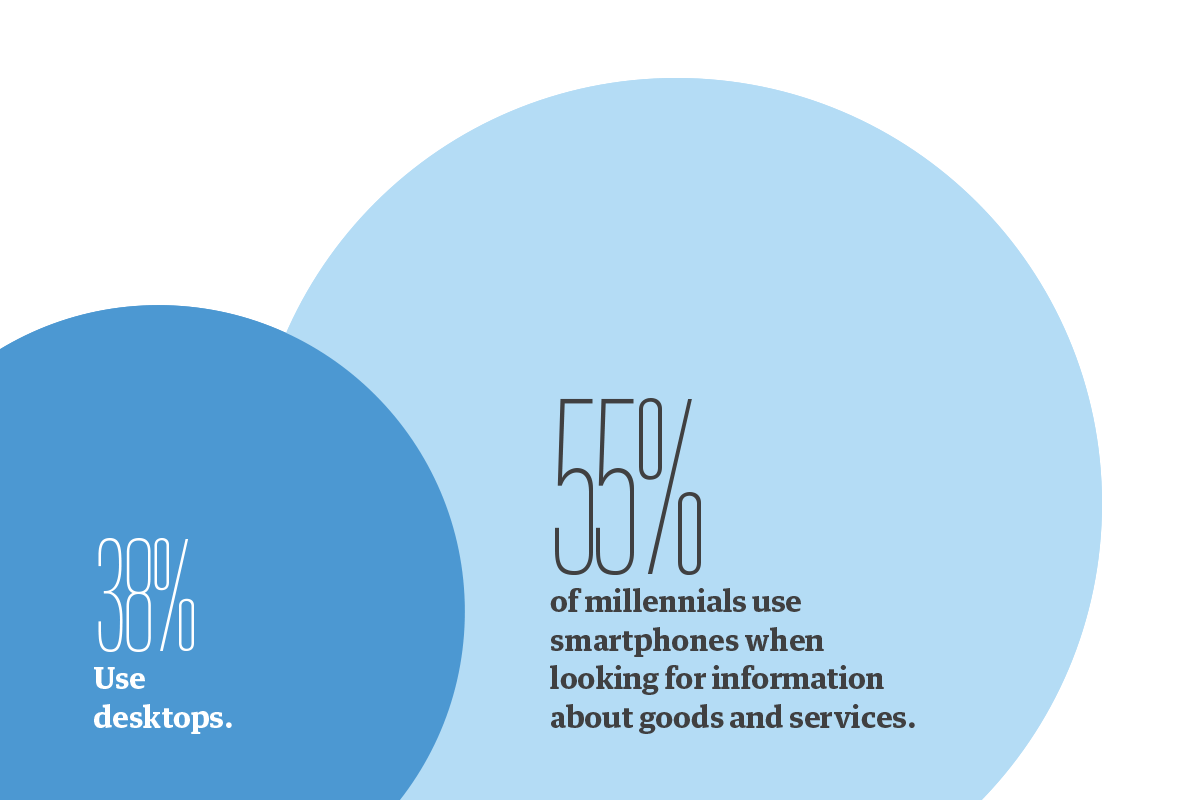We have all the opportunities we could dream of

We have all the opportunities we could dream of
We are facing a new reality. As a company, as human beings, as parents of the iGeneration, and as global digital consumers. Where fake news seems to travel faster than truth on social media, where reliable sources of information are being greatly challenged, where authoritarianism and populism are growing, and perhaps most worryingly, where our way of life is disrupting Earth itself.
It is also a reality where a few global companies are dominating, not only businesses, but also peoples’ daily life. On the bright side it is an era where we have all the opportunities we could ever dream off. More data and knowledge than ever before – paving the way for extraordinary achievements and discoveries. Science and medical treatments are improving rapidly, finding new cures and amazing ways to save, improve and even drastically prolong lives. But how do we meet this new world?
When I left Aftenposten in 2010 the digitalization of media was just in its early days. Returning today as CEO of Schibsted, the landscape and conditions are drastically different for both our media, marketplaces and growth companies. We all know that technology is crucial for our survival. But so is our heritage that stems from a free press, transparency and entrepreneurship. In the world that we navigate today, the role Schibsted has in society is crucial. Which is also one of the reasons why I was inspired to come back.
In the end it’s about our customers. And that we are able to meet their needs in a sustainable and trustworthy way. Not the least when developing our platforms for secondhand trade. If even more users see the benefits of these marketplaces, we have all contributed in a very concrete way to a circular economy and a more sustainable world.
The future of retail

The future of retail
This year Future Report and Inizio investigate digital shopping habits among millennials in Sweden, France and Spain. Turns out webrooming has been a bit overestimated.
Traditional retail is going through rapid change. Online, offline, logistics and data are about to be integrated, fueled by tech like location data and augmented reality (AR). Jack Ma, former CEO of Alibaba, coined the term “New Retail” to describe this future of commerce. In this year’s edition of Future Report we explore the field in a survey among millennials in Sweden, Spain and France. We find that the mobile phone is the obvious way of shopping. About half prefer the mobile when they search for information about a service or a product.
55 percent of millennials in France, Sweden and Spain prefer to use smartphones when looking for information about goods and services.
Voice is a technology well-placed to develop. A quarter of millennials in Spain use it but only a few in Sweden. Sweden is lagging behind when it comes to launching devices, probably because the language is small. Many say they plan to buy a device, so the user base will grow. There is a considerable user base on mobiles too, another path to unlock voice commerce. Overall, how fast this field will develop should depend on how companies like Amazon and Alibaba, having their Echo and Genie hardware to draw upon, will choose to focus their business. Social commerce describes different online collaborative shopping tools in social media such as user ratings, recommendations or sponsored content by friends or influencers. The potential has been widely discussed and it is most widely spread in Spain, where 71 percent have bought something based on this, compared to 58 percent in France and 47 percent in Sweden.
Webrooming and showrooming have been debated a lot. Showrooming can be defined as a shopper visiting a store to check out a product but then purchasing the product online. Webrooming is when a shopper researches products online but buys it in a store. Our survey shows that webrooming seems to be a stronger trend, even though a lot of shopping is happening exclusively online among millennials. We are still surprised to see that shopping in stores is still going strong, not only for consumable products. Not every retail category is as likely to see a jump in changing behavior.
Here’s more insights from the survey: Insight story – full report
Trends in Brief

Trends in Brief
“Why is it not working?” seems to be one of the most asked questions in every meeting room. Many companies claim that they will deliver a “one-click” solution, but some are thinking even further. Earlier this year, Microsoft showed off a 360 degree camera and microphone, specifically designed for meetings.
Meeting rooms of the future
“Why is it not working?” seems to be one of the most asked questions in every meeting room. Many companies claim that they will deliver a “one-click” solution, but some are thinking even further. Earlier this year, Microsoft showed off a 360 degree camera and microphone, specifically designed for meetings. The camera can detect anyone in the room and throughout the meeting, and the microphone transcribes everything they say, regardless of language. Microsoft has also added AI that listens in on the meeting and reacts to certain words and phrases, sending out notifications to participants who, for example, promised to book a meeting. Amazon’s Alexa has a similar setup, and can also check that all the tech is working beforehand.
The legalities of the gig economy
With companies like Uber, TaskRabbit and Postmates, the gig economy got a new face. Workers are encouraged to join the services and work whenever they want, wherever they want, which might sound good to many. However, in reality, the “no full-time contracts” business model has been criticized for hurting workers’ rights. When Uber pays way less for their drivers, it makes it impossible for competitors to keep up without lowering their own drivers’ salaries or adopting the same business models. Supporters call it a revolution and point out how cheap a taxi ride has become with Uber, but the opposing side has already managed to have Uber’s original business model banned in a long line of cities, including London.
How to make your hires smarter
Removing names and pictures from CVs was just the first step. In an effort to remove biases in hiring, big tech companies have found new ways to filter out talent. The startup GapJumpers, which collaborates with Google, has created a software program that facilitates blind auditions solely focused on an applicant’s skills (like on The Voice). The company has found that this increases the number of female applicants and employees, which is something Google has had a big problem with before.
Another startup in this field is Textio, which helps companies write job descriptions with less gender-associated words. There are also job sites that think outside the box, like recruitment marketplace Search Party, which only shows employers anonymous profiles with just enough information to make an informed hiring decision.
Ellen Montén